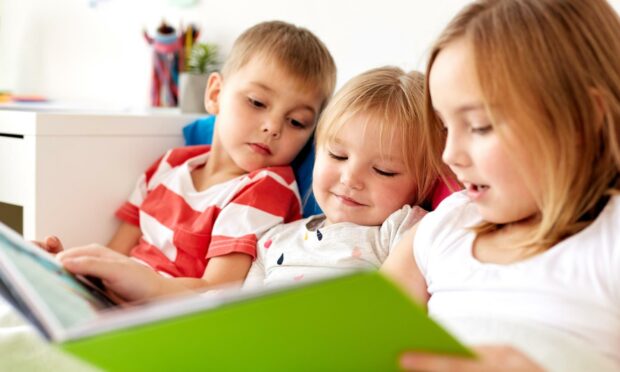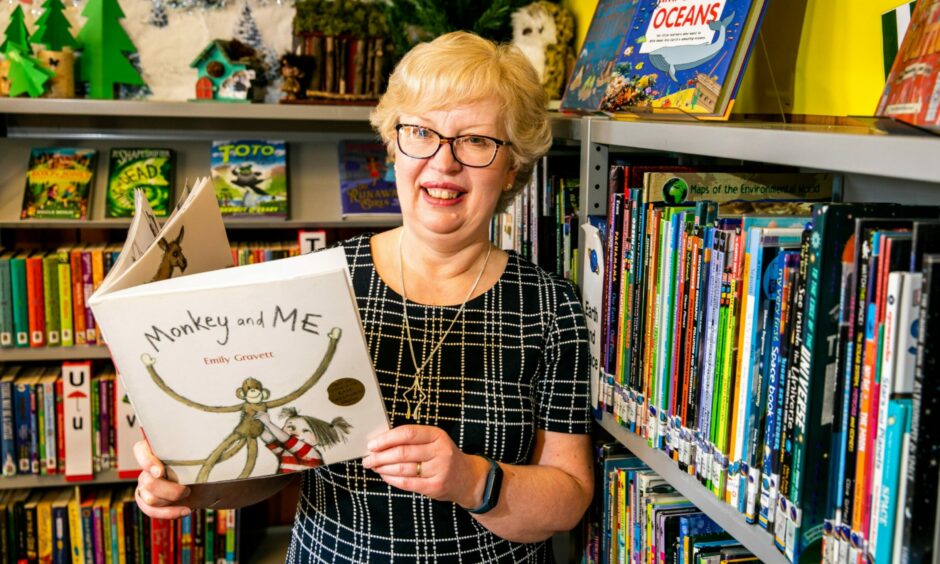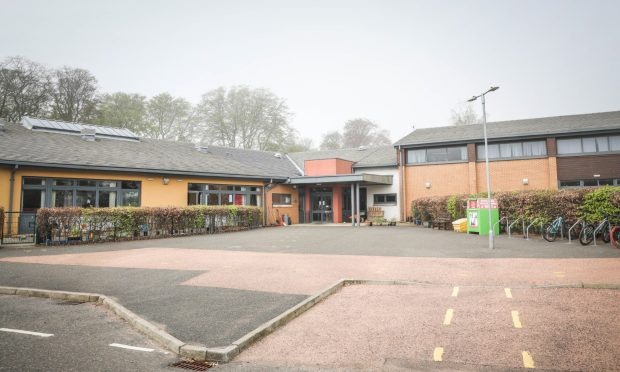How many children read in their spare time? What do they read? And do more girls or more boys read for leisure?
On World Book Day we reveal children’s reading habits in numbers and hear from children’s librarian Pauline Smeaton on the benefits of books for kids – and how hearing stories can even nurture babies in the womb.
The National Literacy Trust surveyed schoolchildren aged 8 to 18 last year – and these were the results.
Children’s reading habits
One in two children and young people (51.5%) enjoy reading.
More girls (55.9%) than boys (45.6%) enjoy reading.
Three in 10 (30.1%) read daily in their free time.
Relaxation was the main reason for reading, given by 1 in 2 (52.7%)..
Other benefits of reading reported were learning about new things (51.4%), learning new words (49.8%), feeling happy (34.4%) and feeling better when sad (26.1%).
What are they reading?
Text/direct messages – 92.4%
In-game communications – 87.4%
Fiction (on paper) – 51%
Fiction (on screen) – 28.1%
The research was conducted by the National Literacy Trust between January and March 2021. It involved 42,502 children and young people aged 8 to 18 at 117 UK schools.
Why is reading so important for children?
We asked children’s librarian Pauline Smeaton why reading is so important for children and teenagers.
Pauline is Fife Cultural Trust’s libraries service development supervisor for children and young people.
It’s her job to promote libraries and reading for babies through to teenagers, and working with schools and running Bookbug sessions for babies, toddlers and pre-school children are among her duties.
She told us: “Apart from the obvious answer of helping with their language development, reading also helps with wellbeing and mental health.
“Books transport children to other worlds. They can escape from their own lives and have adventures they can only dream about, learn about other countries, different worlds and cultures.
“So many of today’s books also help them realise they are not alone.”
When should parents read with children?
“It’s never too early to start!”, Pauline said.
“Babies and bumps love books.
“From 22 weeks of pregnancy, the developing foetus can hear voices. Sharing stories with your bump can get the whole family involved with the baby before arrival.
“Reading with your child helps develop a strong bond. Even after a child can read for themselves, the pleasure of reading together should continue. Whether that be page or chapter about, or the parent or carer continuing to do all the reading is up to individuals.
“It allows families to spend quality time together and lets the parent or carer experience some of the wonderful children’s books available today.”
What if children are reluctant?
“There is a reader in us all,” says Pauline.
“It’s just sometimes finding the one book to turn you into a reader that can take time.
“Helping children find that book is what I have loved doing for many years.”
World Book Day on March 3 aims to encourage a lifelong love of reading among children and young people.
Read more on World Book Day:
GALLERY: Your World Book Day photos from across Tayside and Fife
WATCH: Our World Book Day reading with author Chae Strathie and Victoria Park Primary School
22 of the best books for children recommended by a Fife librarian
OPINION: Please don’t stop reading to your children just because they’ve started school












